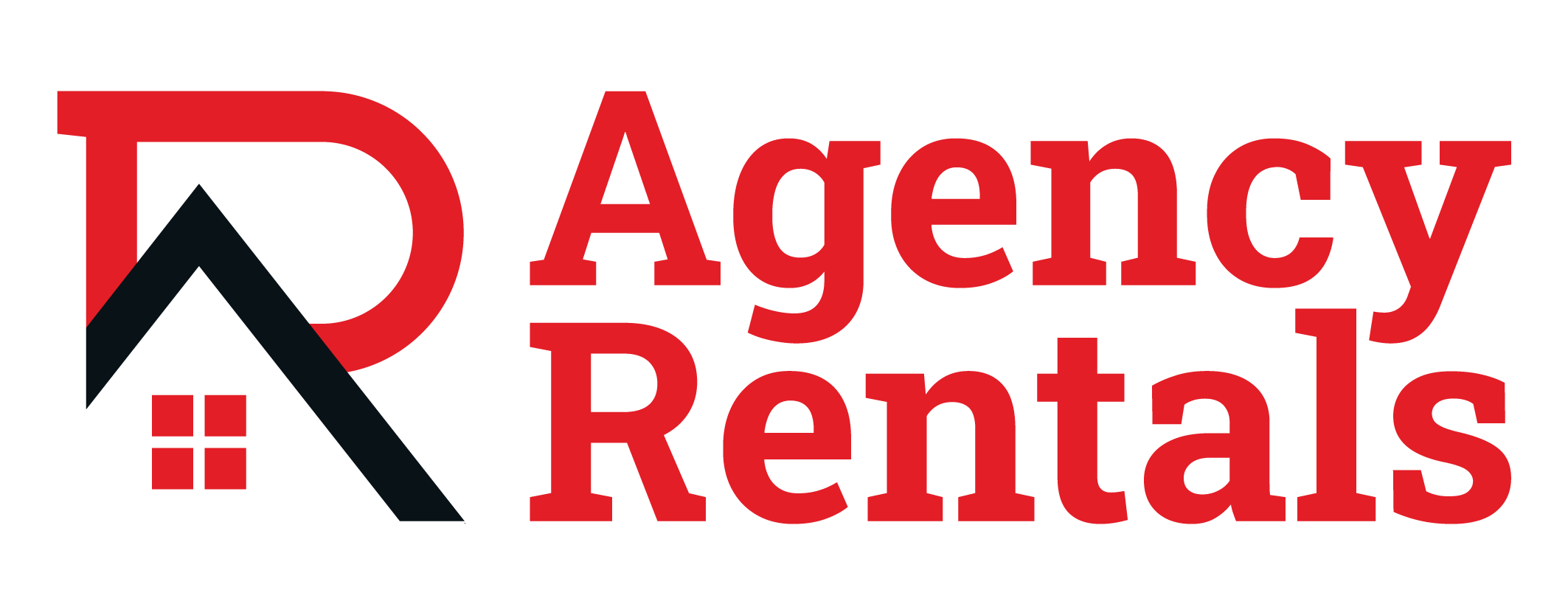
Maximizing Communication with Tenants: A Guide to Effective Relationships
As a property owner or manager, effective communication with your tenants is crucial in maintaining a harmonious and successful rental relationship. Good communication helps to foster a positive and trusting relationship between the landlord and tenant, which in turn can lead to increased satisfaction, lower turnover rates, and fewer disputes.
The purpose of this blog post is to provide tips and guidance on how to effectively communicate with tenants. From building a good relationship to handling complaints and concerns, this post will cover all the key points you need to consider in order to communicate effectively with your tenants.
In this post, we will also discuss various communication channels, including email, phone calls, text messages, and in-person meetings, and help you choose the right channel for different situations. Whether you’re a seasoned property owner or just starting out, this post will provide valuable insights into how you can improve your communication skills and build better relationships with your tenants.
Overall, the goal of this post is to equip you with the tools and knowledge needed to effectively communicate with your tenants and create a positive rental experience for everyone involved.
Building a Good Relationship with Tenants

Building a good relationship with your tenants is a critical component of effective communication. A good relationship helps to create a positive and trustworthy environment, which in turn can lead to increased satisfaction and fewer disputes.
Importance of Building a Good Relationship
Having a good relationship with your tenants can bring many benefits. For example:
- Increased satisfaction: When tenants feel respected and valued, they are more likely to be happy with their rental experience and less likely to move out.
- Lower turnover rates: When tenants are happy, they are less likely to leave. This can save you time and money in the long run, as you won’t have to go through the process of finding new tenants as often.
- Fewer disputes: When tenants feel like they can communicate openly and honestly with you, they are less likely to have disagreements or disputes.
Ways to Build a Good Relationship
There are several ways to build a good relationship with your tenants:
- Respond promptly to their requests and concerns: Responding promptly to tenant requests and concerns shows that you value and respect their needs. This can go a long way in building trust and maintaining a positive relationship.
- Regular communication and updates: Regular communication and updates can help keep tenants informed and in the loop. This can help to prevent misunderstandings and ensure that everyone is on the same page.
- Provide amenities and services they need: Providing the amenities and services that tenants need can help to make their rental experience more enjoyable. This can include things like on-site laundry facilities, a well-maintained pool, or convenient parking.
By building a good relationship with your tenants, you can create a positive and harmonious rental environment that benefits everyone involved.
Clear and Transparent Communication

Clear and transparent communication is essential in any relationship, including the relationship between a landlord and tenant. It helps to ensure that everyone is on the same page and that there is no room for confusion or misunderstanding.
Importance of Clear and Transparent Communication
Clear and transparent communication is important for several reasons:
- Prevents misunderstandings: When communication is clear and transparent, there is less room for misunderstandings and confusion.
- Increases trust: When tenants feel like they are being kept in the loop and that their concerns are being heard, they are more likely to trust their landlord.
- Reduces disputes: When everyone is on the same page, disputes are less likely to arise.
Ways to Ensure Clear and Transparent Communication
There are several ways to ensure clear and transparent communication with your tenants:
- Use clear language and avoid jargon: Use language that is easy to understand and avoid using jargon or technical terms that may be confusing.
- Provide regular updates and reminders: Regular updates and reminders can help keep tenants informed and ensure that they are on the same page.
- Be open to feedback and suggestions: Encourage tenants to provide feedback and suggestions, and be open to their input. This can help to improve your relationship and create a positive rental environment.
Clear and transparent communication is a critical component of effective communication with tenants. By using clear language, providing regular updates, and being open to feedback, you can ensure that everyone is on the same page and prevent misunderstandings.
Communication Channels

There are several channels available for communication between landlords and tenants. It’s important to choose the right channel for the situation to ensure that communication is effective and efficient.
Available Communication Channels
There are several communication channels available to landlords and tenants, including:
- Email: Email is a convenient and efficient way to communicate with tenants. It can be used to send updates, reminders, and responses to concerns and complaints.
- Phone: Phone calls are a good option for urgent or time-sensitive matters. They can also be used to have a more in-depth conversation with tenants.
- Text message: Text messaging is a quick and convenient way to communicate with tenants. It’s ideal for sending reminders or brief updates.
- In-person meetings: In-person meetings are a good option for more complex or sensitive matters. They can help to build a personal relationship and foster open and transparent communication.
Choosing the Right Channel
When choosing a communication channel, it’s important to consider the following:
- The nature of the message: Consider the nature of the message you need to send. For example, urgent or time-sensitive matters may require a phone call, while a simple reminder can be sent via text message.
- The preference of the recipient: Consider the preference of the recipient. Some tenants may prefer email, while others may prefer text messaging.
- The complexity of the message: Consider the complexity of the message. Complex or sensitive matters may require an in-person meeting or a phone call, while simple updates can be sent via email or text message.
By choosing the right communication channel for the situation, you can ensure that your message is received and understood in a timely and effective manner.Regenerate response
Handling Complaints and Concerns
Despite your best efforts, there may be times when tenants have complaints or concerns. It’s important to handle these situations in a professional and prompt manner to maintain a positive and harmonious rental relationship.
Importance of Handling Complaints and Concerns
Handling complaints and concerns is important for several reasons:
- Shows that you value and respect your tenants: When you handle complaints and concerns in a prompt and professional manner, it shows that you value and respect your tenants.
- Helps to prevent disputes: By handling complaints and concerns quickly and effectively, you can help to prevent disputes and maintain a positive relationship with your tenants.
- Improves the rental experience: When tenants feel like their concerns are being heard and addressed, they are more likely to be happy with their rental experience.
Ways to Handle Complaints and Concerns
There are several ways to handle complaints and concerns from your tenants:
- Listen actively: When a tenant raises a complaint or concern, listen actively to what they have to say. Show that you are interested in their concerns and are willing to work with them to find a solution.
- Respond promptly: Respond promptly to the tenant’s complaint or concern. This shows that you value their time and are taking their concerns seriously.
- Find a solution together: Work with the tenant to find a solution to the problem. This could involve fixing a broken appliance, addressing a maintenance issue, or finding a compromise that works for everyone.
Handling complaints and concerns is a critical part of effective communication with tenants. By listening actively, responding promptly, and working together to find a solution, you can maintain a positive and harmonious rental relationship.
Conclusion
Effective communication with tenants is crucial for building a positive and harmonious rental relationship. By building a good relationship, using clear and transparent communication, handling complaints and concerns professionally, and choosing the right communication channel, landlords can ensure that their tenants are happy and satisfied with their rental experience.
In conclusion, effective communication with tenants requires effort, attention, and the use of appropriate communication channels. By following these guidelines, landlords can maintain a positive and productive relationship with their tenants.
Let’s Talk!
If you’re looking for help with property management, consider contacting Agency Rentals. Our team of experienced property managers can help to ensure that your rental experience is smooth and stress-free. Contact us today to learn more about our services and how we can help you.
